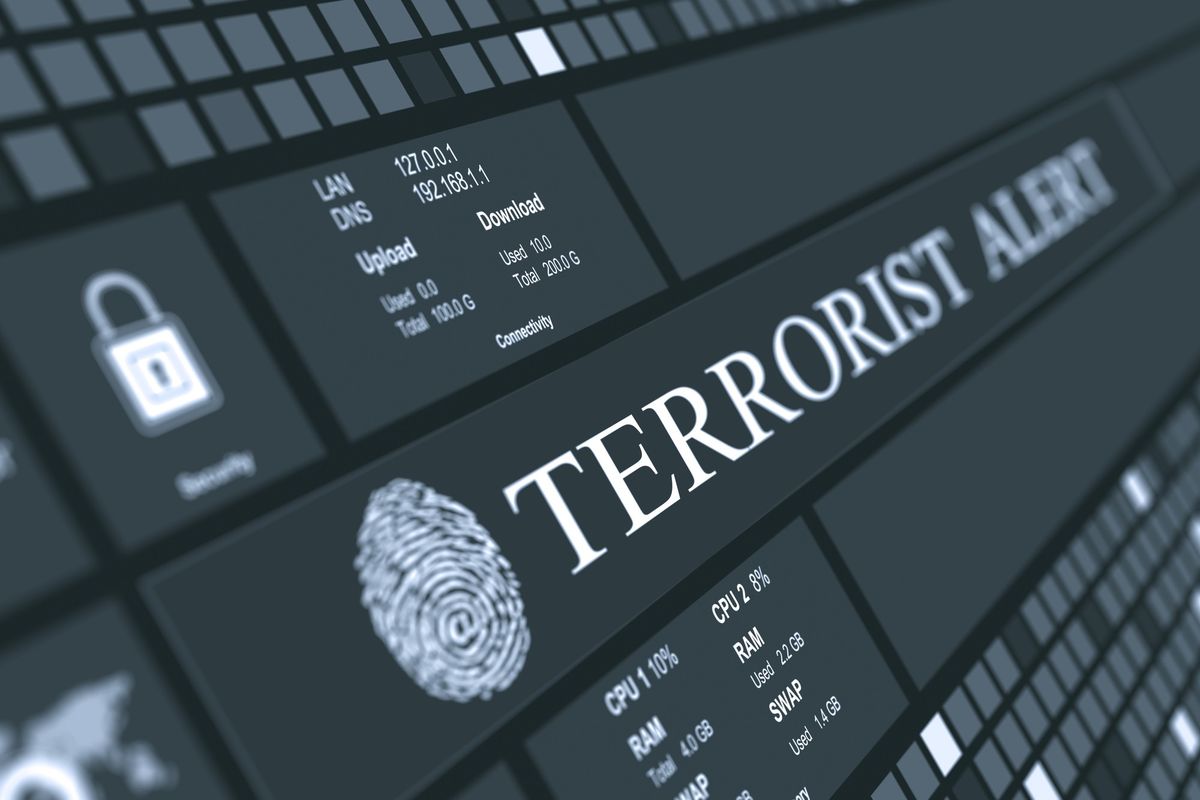Academic and policy analysts generally agree that Pakistan’s army and directorate for Inter-Services Intelligence, or ISI, exert a controlling influence over most of Pakistan’s core state policies. This entrenched, unelected, and opaque “deep state” is complemented by a near-permanent “establishment” comprised of a relatively small cadre of politicians, senior bureaucrats, and well-connected business families who have led, managed, and owned most of the country since its independence in 1947.
The ties between Pakistan’s elite civilians and generals are often mutually reinforcing, but ultimately the military has enjoyed a coercive upper hand. That dominance was temporarily broken, only after the army suffered a devastating defeat in its 1971 war with India, after which the civilian politician Zulfikar Ali Bhutto asserted control. Bhutto reshuffled Pakistan’s domestic political economy by nationalizing the holdings of some of Pakistan’s wealthiest families, yet even before he was removed from office and hanged by General Zia-ul-Haq, Bhutto had brought the army back into the fold, ostensibly to aid his own effort to consolidate his political hold over the nation. So to be clear, Pakistan has not been a simple story of “civilians versus the military,” but one of a shifting cast of elite civilians who have all been, at various times and in different ways, aligned with or co-opted by the military.
The vast majority of Pakistanis are effectively disenfranchised by this system. As far as it is possible to know their views through public opinion polling and interviews, it appears that they perceive the state as generally ineffective, often even predatory, in their daily lives. Yet they also tend to accept a dominant national narrative—routinely reinforced by state-influenced media and taught in the schools—that Pakistan’s army is the nation’s best defense against threats, real and perceived, especially India.
Of course, many citizens of states across the globe feel disenfranchised, and this doesn’t necessarily prove the existence of a deep state. The deep state also requires a fundamental lack of transparency, accountability, and rule of law. Such opacity of governing institutions encourages conspiracies, both real and imagined. In Pakistan, conspiracies abound. Courts, provincial authorities, police chiefs, even cabinet ministers are unable to know what is happening even within their own areas of jurisdiction, because someone else is actually—and sometimes literally—calling the shots.
The story of Osama bin Laden’s compound in Abbottabad relates, at least indirectly, to this problem of Pakistan’s deep state. Whether bin Laden’s compound was actually a safe house controlled by the ISI and known to Pakistan’s most senior leaders, local authorities appear to have steered clear of the place, likely because they figured it was being run by the same sort of shadowy intelligence officials who have for decades provided safe haven, training, and resources to other militants and terrorist outfits. Pity the poor Pakistani police chief who mistakenly busts an ISI asset. Then consider what is likely to happen in a state where local officials have faced such perverse incentives for decades.
In a leaked copy of the Pakistani government-sponsored Abbottabad commission report, senior officials like the Minister of Defense professed to have no actual control over the institutions nominally responsible for rooting out terrorists like bin Laden: “in reality, information traveled only up to the Secretary level, and the Minister himself was not kept in the loop all the time. The Secretary was the principal officer in the Ministry and files were normally moved up to his level only, after which they were returned to the Army.” In short, it was normal practice for civilian officials—both at the bottom and top of the bureaucracy—to have no idea about what was actually happening on their watch.
Some consequences of Pakistan’s deep state are fairly mundane. When security officials become a law unto themselves, some will inevitably find common cause with drug smugglers and arms dealers. Other consequences are more terrifying. What recourse do the families of journalists or activists have when their fathers, brothers, mothers, or sisters are “disappeared?” What can political parties do when intelligence officers coerce them or bribe their opponents into forming electoral alliances? Who calls to account the “father” of Pakistan’s nuclear program when he turns his vast international network into a two-way proliferation ring? In Pakistan, these questions have not merely been hypotheticals. Although it is hard to attribute a singular hand, or intention, behind all of these sorts of conspiracies, they have undoubtedly proliferated in an environment of secrecy, violence, and intrigue.
Similar questions plague any discussion of Pakistan’s foreign and defense policy. Why is it that even when Pakistan’s top military and civilian leaders profess to be fighting terrorism in all its forms, their own intelligence institutions continue to support and provide a safe haven for anti-Indian and anti-Afghan terrorists, like Lashkar-e-Taiba and the Haqqani network? Why have Pakistani diplomats repeatedly failed to ink trade deals with their Indian counterparts, even when civilian leaders in Islamabad claim to favor them? Why wasn’t Pakistan’s elected president (Zardari) free to reassess Pakistan’s nuclear doctrine despite his 2008 claim to be doing precisely that?
U.S. policymakers, for their part, have come to terms with the reality of Pakistan’s deep state. As a practical matter, they find it nearly impossible to get anything important done on security issues without working through the Pakistani military and intelligence services. This has been especially frustrating for Americans who would have opted to use their influence and resources to tip the scales in favor of a more transparent, accountable system grounded in constitutional rule of law. U.S. policymakers also cite the controlling influence of Pakistan’s military, often complemented by a permanent establishment—as a reason to doubt prospects for any sort of “strategic shift” by Pakistan on ties with militant proxies, relations with India, and expanding the nuclear program.










